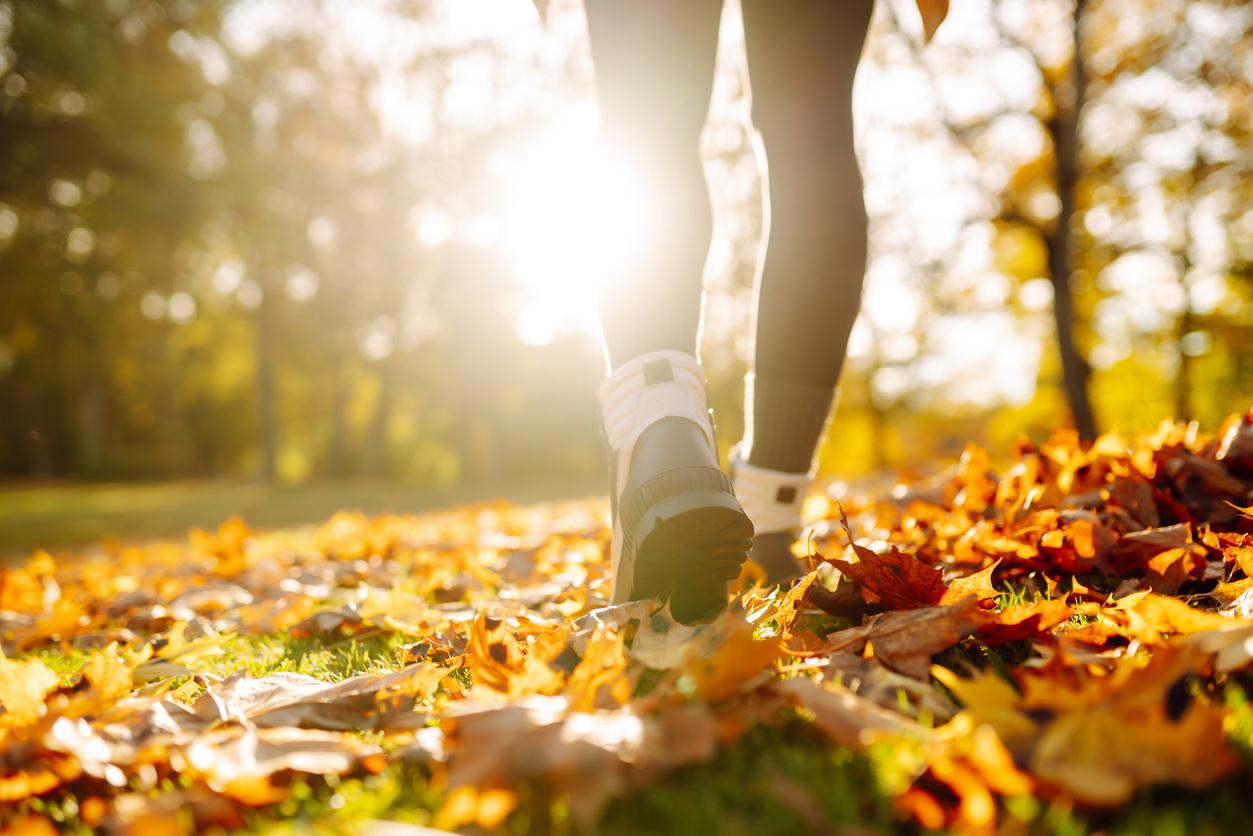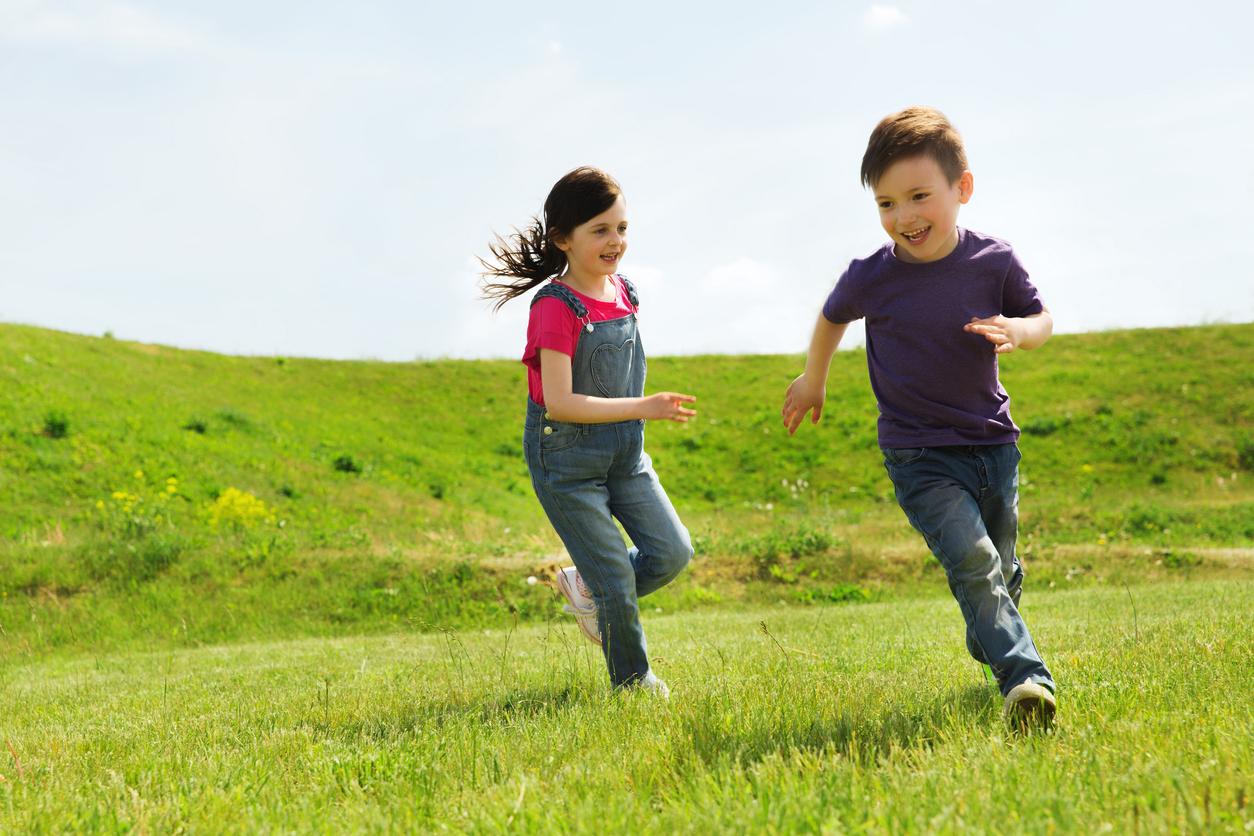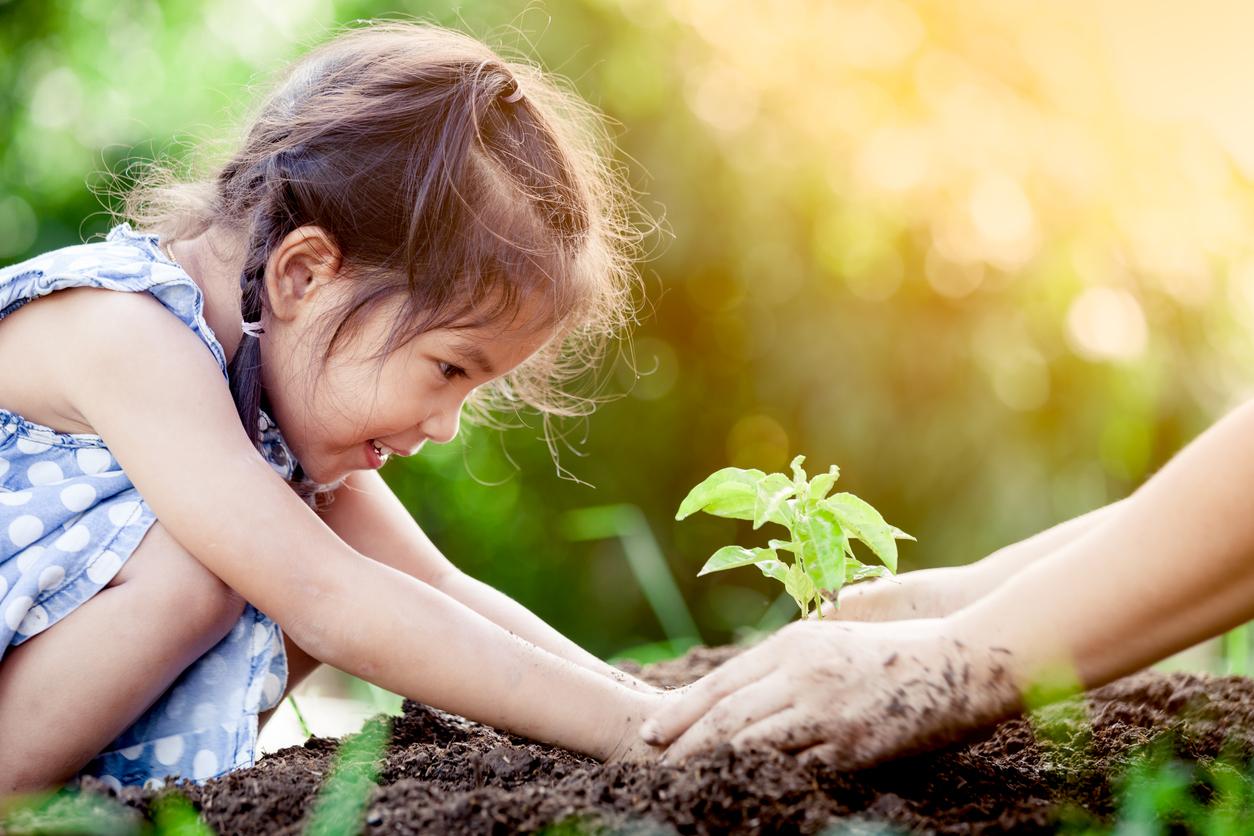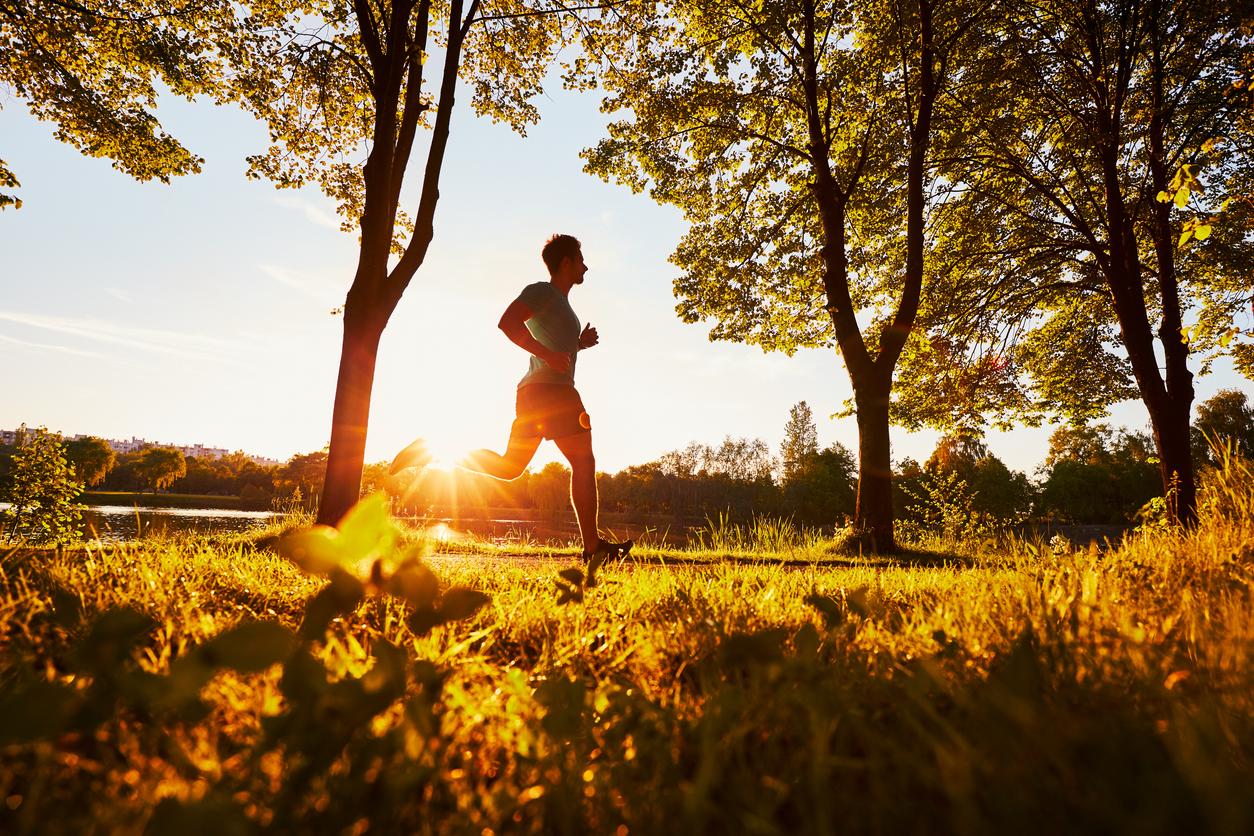Nature conditions our life: it is a source of health and provides us with the essential food. But our lifestyle, often urban, nevertheless tends to move away from it. However, the link with nature is essential to us because it allows us to regain awareness of our priorities. So how do you reconnect with nature?
There are many city dwellers who, for lack of time or opportunities, have completely lost their relationship with nature. Moreover, they often express the imperious need to ” go green to reconnect with nature, which has completely disappeared from their daily lives. Fortunately, there are solutions that can be applied in the city as well as in the countryside…
1. Take the time to live and move
When the distance to be covered allows it, always prefer walking, scooter or bicycle to public transport (even if you have to leave earlier). Those are three sports activities in their own right that will do you good physically and morally. If your route may include places with little traffic or without cars, the lowering of the surrounding noise level will calm you down.
2. Make your vegetable garden (in town or in the countryside)
Whether you are in the countryside with a large garden or in town with a balcony, now is the time to start growing your vegetables and aromatic herbs, without neglecting the flowers to help pollinating insects!
You can garden without harming the environment, that is to say without wasting water resources, without using pesticides and chemical fertilizers that pollute groundwater. We can, for example, use rainwater collected in a basin to save water resources.
3. Locate places to reconnect with nature
Even in the most populated areas, one can find green oasis if you take the time to look for them. Rediscover the green spaces around your home : Consult a map to locate the places in question and take the measurement of their surface.
In a city like Paris, for example, parks, gardens, but also cemeteries, are islands of tranquility away from the hustle and bustle of the city. There is also a fauna and a flora richer than you think.
4. Pick up one piece of waste per day
This may not seem like a lot, but imagine that each of us takes advantage of our little walk to pick up trash on the ground : our cities, beaches and forests would be much cleaner! For the more athletic among us, you can even practice plogging (ie picking up litter while running!). You can even turn this activity into a game with the kids!
5. Embrace compost
Natural fertilizers are preferable to chemical fertilizers which cause soil depletion and harm biodiversity. It’s time to use your compost (or that of your neighbours) as natural fertilizer for your plants. By recovering this fermented mixture of organic debris and mineral matter, you will help recreate healthy soil. You will also help your plants grow thanks to an excellent nutrient supply.
6. Go Vegetarian
Breeding is the origin of 15% of global emissions greenhouse gases, overconsumption of water, massive deforestation, soil impoverishment, not to mention animal suffering. Doesn’t that make you want to think about your relationship to meat? There are so many vegetable protein sources that can help us with this!
7. Record and recycle
It’s the winning duo for reducing your waste production, after reduction at source of course! More and more objects are at your disposal for reduce your consumption of plastic single-use: cups, straws, bags, reusable containers… Persevere in a zero waste approach.
Here are some simple and applicable ideas today to reconnect with nature. You can see that it’s not very complicated if you’re ready to take it easy a bit…


















